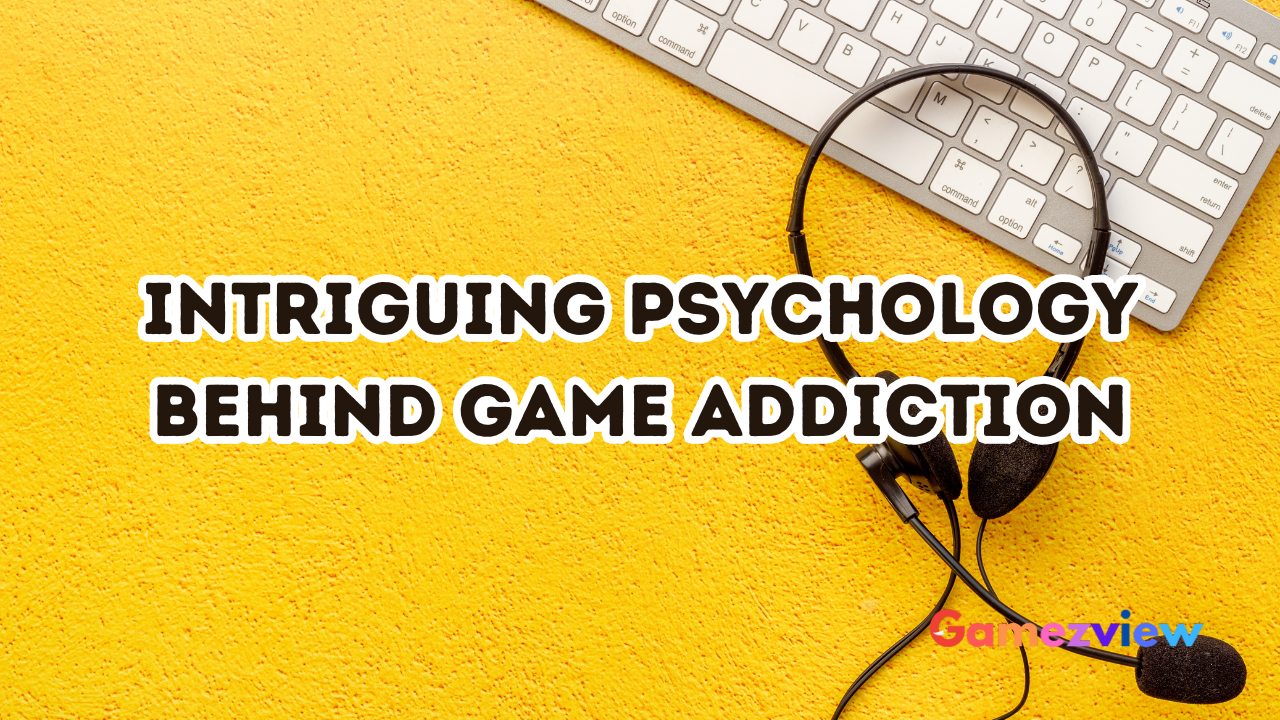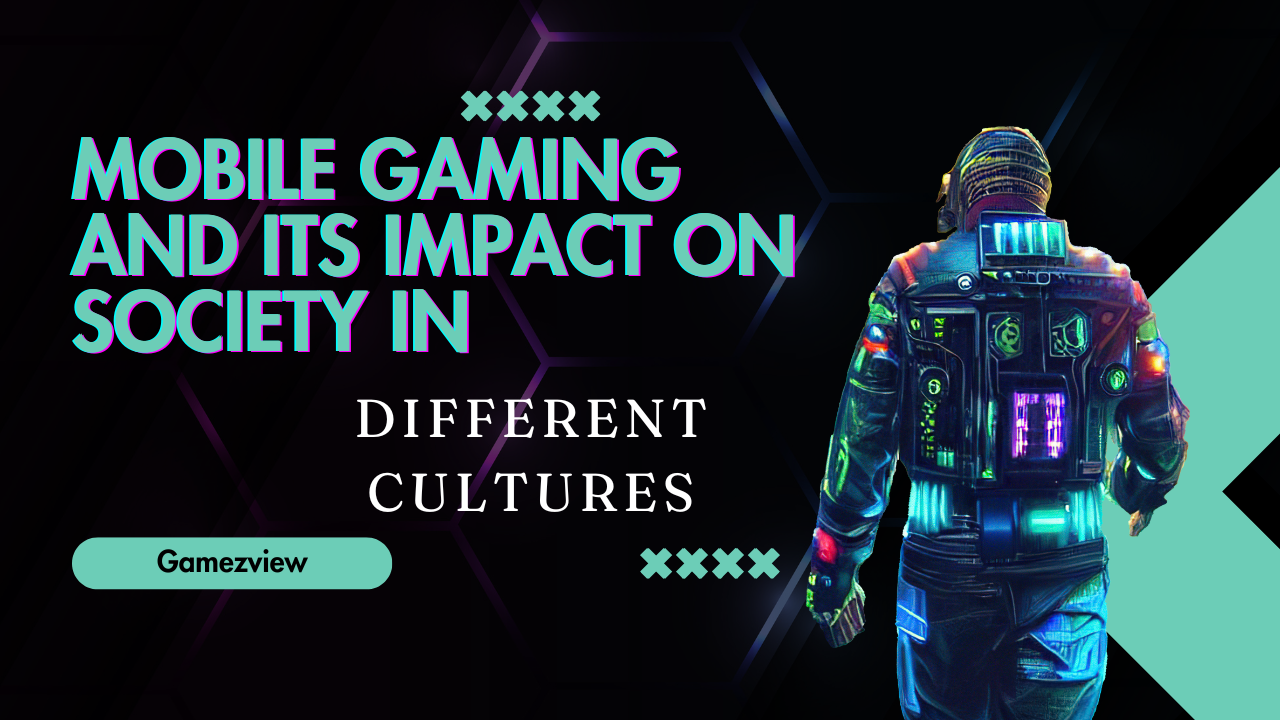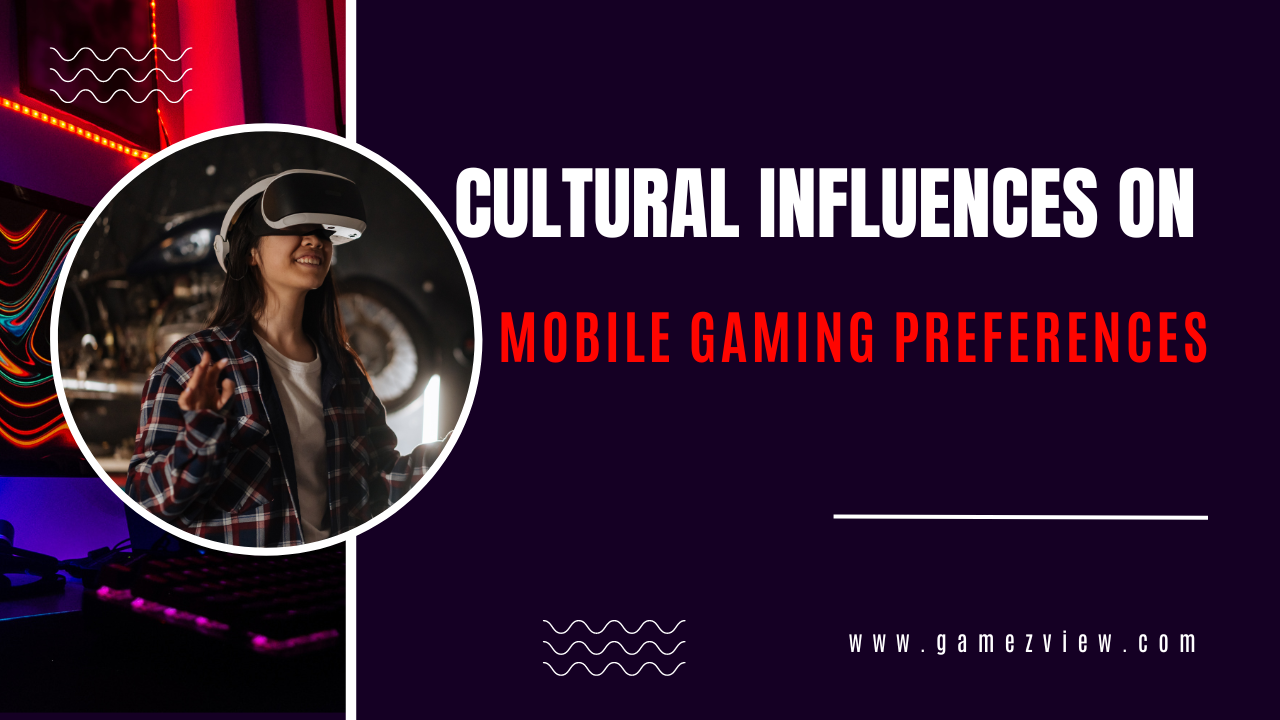Understanding the Complexities of Game Addiction: In the digital age, where gaming has become an integral part of everyday life for millions worldwide, understanding the psychology behind game addiction is paramount. Join us as we delve into the intricate workings of the human mind, unlocking the mysteries that lead individuals down the path of game addiction.
The Allure of Virtual Worlds
Escapism and Fantasy
One of the primary appeals of gaming lies in its ability to transport players to fantastical worlds where they can escape the stresses of reality. Whether exploring ancient ruins, battling dragons, or building sprawling civilizations, gaming offers an immersive experience unlike any other.
Achievement and Progression
For many gamers, the thrill of achieving goals and making progress within a virtual world is incredibly rewarding. Whether levelling up a character, completing challenging quests, or mastering complex strategies, the sense of accomplishment can be addictive.
The Role of Dopamine and Reward Pathways
Dopamine and Pleasure Response
Dopamine, often referred to as the “feel-good” neurotransmitter, plays a crucial role in the brain’s reward system. When we engage in activities that please us, such as gaming, dopamine is released, reinforcing the behaviour and encouraging us to repeat it.
The Power of Reinforcement
Game developers understand the power of reinforcement and use techniques such as rewards, achievements, and loot systems to keep players engaged. These constant rewards trigger dopamine release, creating a cycle of pleasure-seeking behaviour that can lead to addiction.
Escaping Reality: Coping Mechanisms and Mental Health
Coping with Stress and Anxiety
For some individuals, gaming serves as a coping mechanism for dealing with stress, anxiety, or depression. The immersive nature of games provides a temporary escape from real-world problems, offering a sense of control and accomplishment in an otherwise chaotic world.
The Dark Side of Escapism
While gaming can provide temporary relief from mental health issues, it can also exacerbate them in the long run. Excessive gaming can lead to social isolation, neglect of responsibilities, and a deterioration in mental health, creating a vicious cycle of escapism and avoidance.
Understanding Addiction: Genetics, Environment, and Behavior
Genetic Predisposition
Research suggests that certain individuals may be genetically predisposed to addiction due to variations in dopamine receptors or other neurotransmitter systems. These genetic factors, combined with environmental influences, can increase the risk of developing gaming addiction.
Environmental Triggers
Environmental factors such as peer pressure, family dynamics, and access to technology can also play a significant role in the development of gaming addiction. For example, growing up in a household where gaming is encouraged or normalized may increase the likelihood of addiction.
Seeking Help and Support
Recognizing the Signs
It’s essential to recognize the signs of gaming addiction early on and seek help if needed. Warning signs may include preoccupation with gaming, withdrawal symptoms when not gaming, neglect of personal hygiene or responsibilities, and strained relationships.
Treatment Options
Treatment for gaming addiction often involves a combination of therapy, support groups, and behavioural interventions. Cognitive-behavioral therapy (CBT) can help individuals identify and challenge negative thought patterns and develop healthier coping strategies.
Shedding Light on Game Addiction
Understanding the psychology behind game addiction is crucial for addressing this growing issue in today’s society. By recognizing the complex interplay of biological, psychological, and environmental factors, we can develop more effective prevention and treatment strategies. Through education, awareness, and support, we can unlock the minds of those struggling with game addiction and help them find a path to recovery.







